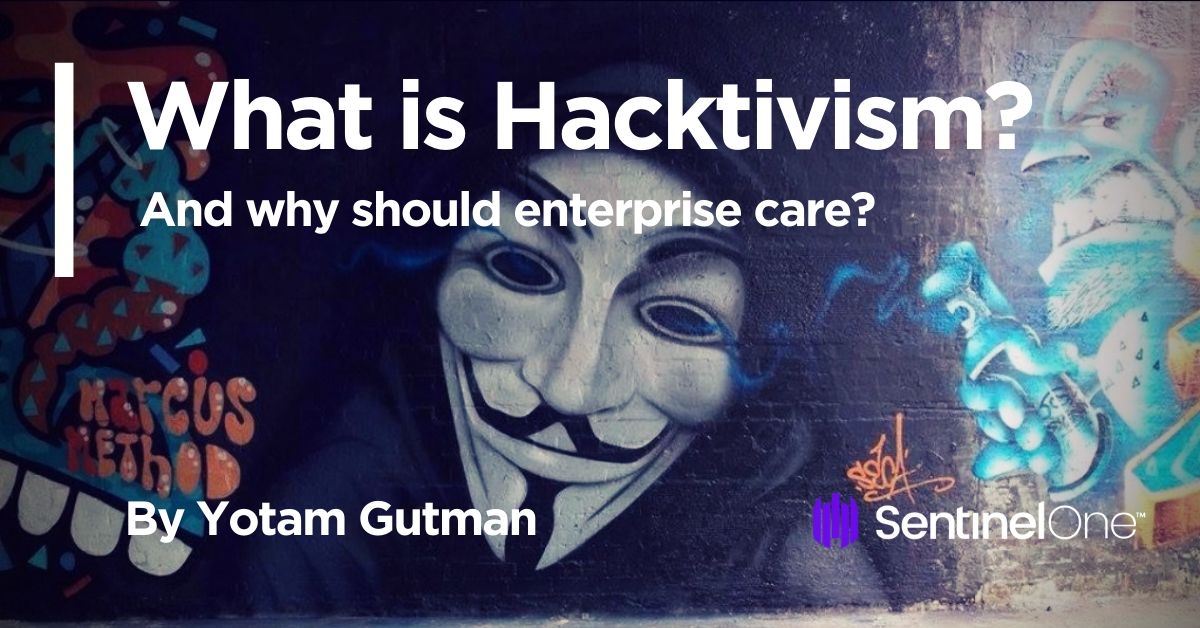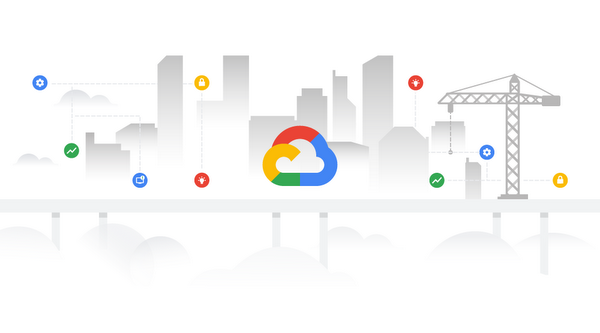
What is Hacktivism? And Why Should Enterprise Care?
February 24, 2020
Making Your Data Useful for Analysis
February 24, 2020Tell us about what you do at Google.
I’m the solutions engineering lead here at Google Cloud. That means that my team and I focus on helping customers solve their most complex business problems using our technology. We have amazing technology here, and we want to make sure we’re connecting that technology to the business challenges our customers are facing today. We work closely with our customers to understand their business issues, and then build solutions that help them.
The issues we help customers solve for are phenomenal–in industries from retail, financial services to healthcare to the public sector, and more–so I’m continually learning new things. In my team, we conduct design thinking workshops with our customers to help uncover their business challenges and co-create solutions. This is what it means to be “Googley” – being helpful and solving together! In any sales organization, you are constantly articulating your value proposition to customers. Customers constantly ask me why they should choose Google Cloud. One of our key differentiators is the Google culture. Customers are intrigued by our culture of innovation and collaboration and they want to be associated with that.
As we celebrate BHM, who inspires you?
Someone who I’ve always admired is Leopold Senghor, the first president of Senegal after the country gained its independence in 1960. It’s an 80% Muslim country and he was Catholic, yet he was able to relate to many different people and bring them together. He laid out a vision for education and for building a peaceful, secular society. He’s one of the greatest African leaders, and I talk about him often. He was a poet and teacher as well as a leader, and he really understood how important education is to a society.
What’s your passion in life?
Education is my passion. I first learned that passion from my mom – even though she couldn’t read or write, she knew how valuable education was. She told me that I was smart and I could succeed. I loved playing soccer, but she constantly told me I needed to balance schoolwork and soccer. I’m glad now that I spent more time on math and physics!
I had a middle school teacher in Senegal who really believed I deserved to go to high school. There were only five high schools in the whole country. That teacher fought to get me into high school, and that acceptance opened so many doors for me. I had to leave home to go to high school since the nearest school was 140 kilometers away. After high school, I went to college in France on a scholarship. Very few students across the country each year went to college on an academic scholarship. I thought I would study business. But the very first time I interacted with a PC, it totally changed my path. I wrote my first program and knew I had to study engineering, then got a master’s degree in computer science. I love technology and how it can be so helpful in everyday life, and I knew right away it was the field for me.
I’m fortunate enough that I also get to live my passion working at Google. Every day I get to help educate our customers and find the best solution for their needs.
What does Black History Month mean to you?
I’ve lived in the U.S. for over 20 years. My five children were all educated here and they were often in the minority at school — which was very different from my childhood in Senegal. We’ve had many family discussions on race and identity. My advice to my children has always been to embrace their heritage and stay true to themselves. Don’t let others tell you what you can and can’t do. Carve your own path.
As for my own experience, moving from Senegal to Europe and then the United States, I appreciated meeting people from so many different backgrounds and experiences. You can learn so much by talking to someone who is different from you. Black History Month is a wonderful opportunity to elevate those voices we don’t hear from enough and learn from their experiences.
What advice do you give to students or those new to the workforce?
You always have to have a drive, a passion for learning and growing all the time, no matter where you are in your career. I always refer back to the principles I was raised with in West Africa. Number one is character. It’s having integrity in everything you do. Second is that it’s all about hard work. In the technology industry, finding your area of expertise, and always continuing to learn more, is how you can stay on top of your game. And finally, don’t be afraid. Don’t fear the unknown, or fear a challenge. The greatest challenges are often where the greatest opportunities lie.



